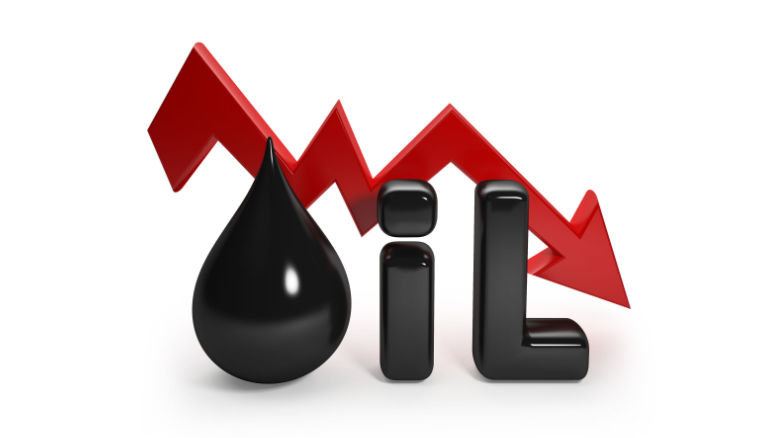Oil price per barrel plummeted by 67% in Q1 2020. In recent weeks the price continued to decline until hitting negative territory for the first time in history last Monday when it went from $18 to $-38 per barrel in a few short hours. Falling prices, while initially the result of a pricing war between Saudi Arabia and Russia, have been dramatically affected by the COVID-19 Pandemic and the lack of demand it has caused.
In the past, “the decline in oil prices…was a slam dunk positive for the economy. Now it’s at best a wash,” said Mark Zandi, chief economist for Moody’s Analytics in early March. While drivers, airlines, and other oil users might enjoy big savings from sharply lower prices, across the oil patch there will likely be bankruptcies, loan defaults, job losses, a halt in capital spending and other economic disruptions, he added.
The lag effect on oil prices could prove a positive for world economies, helping to fuel a faster rebound after the virus subsides. The aviation industry, which has been among the hardest hit, will benefit from lower prices. Other businesses would also see lower operating and shipping costs. Consumers are already getting relief at the gasoline pumps, although most are not commuting or traveling enough yet to really benefit.
As Chinese manufacturing is starting back, it portends well for U.S. manufacturing. One indication is that commerce and industrial activity is on an uptick in refinery utilization in China. This followed two months of drastic cuts during that nation’s COVID-19 containment efforts. In addition, there are reports out of China that copper and steel inventories are beginning to fall as downstream manufacturers bring back production. Intra-China air travel has also started to return.
Efforts to diversify our economy has resulted in large investments in manufacturing facilities; while the process of navigating COVID-19 is painful both personally and professionally, the outlook of low oil prices will allow some manufacturers to add tens of thousands of jobs when plants reopen. The long-term nature of these projects, such as world-scale plastics manufacturing, steel production, and other related industries, means that we are somewhat insulated from short-term fluctuations in market forces. This will help our economy to remain as stable as possible during this global event.

